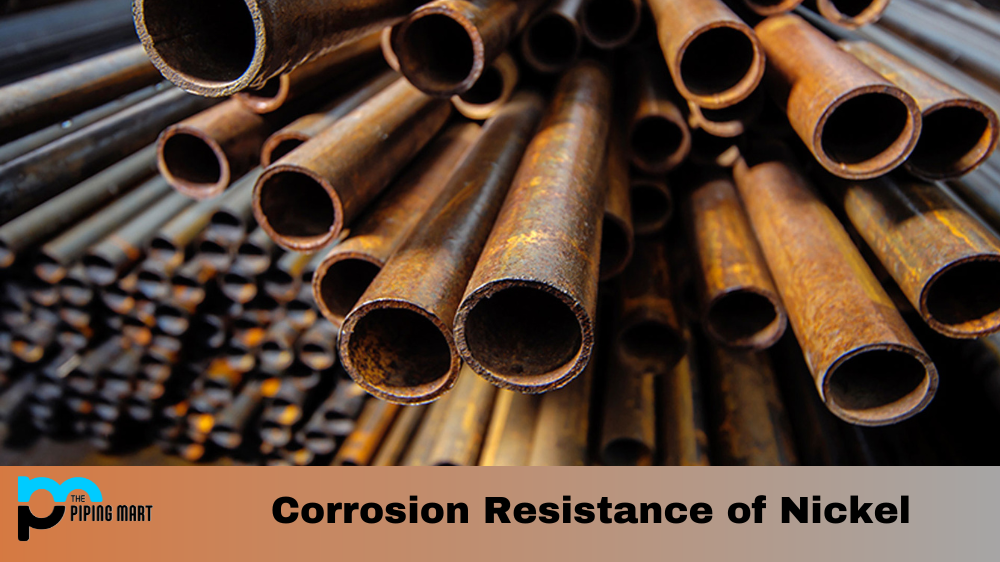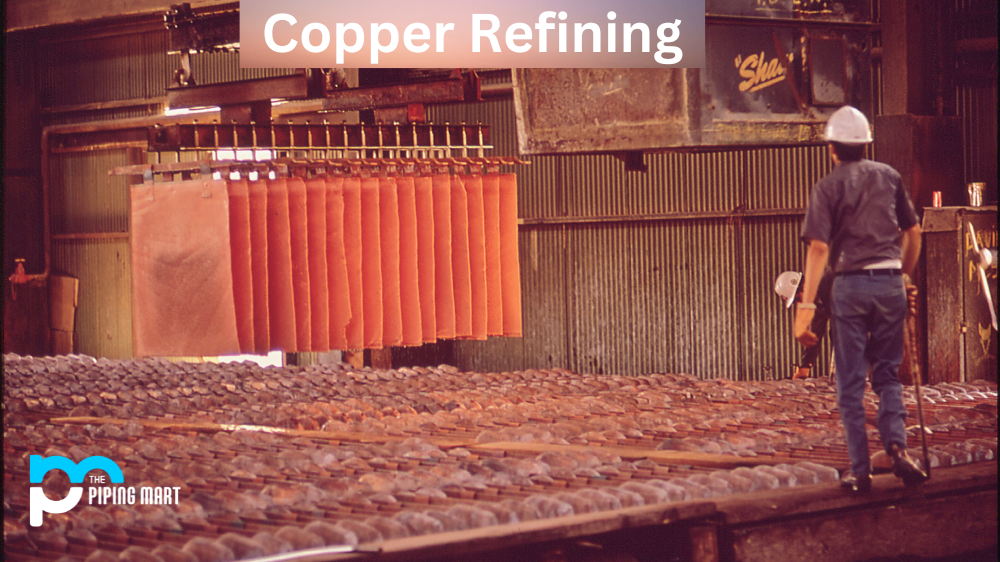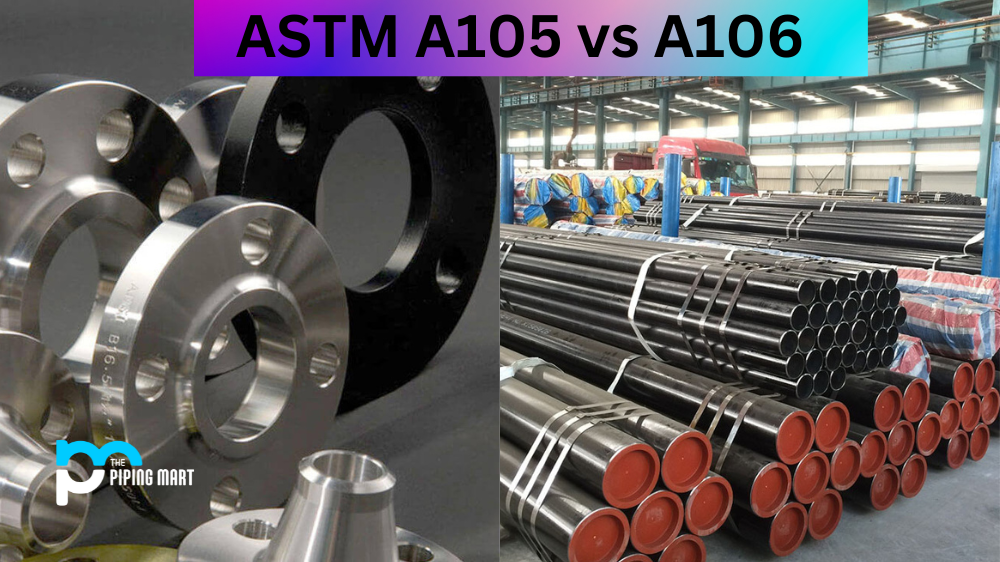For many industrial applications, it is essential to select materials that are capable of withstanding corrosive environments. Nickel-based alloys provide superior corrosion resistance and are widely used in various industrial settings. In this blog post, we’ll take a look at how nickel-based alloys can help protect against corrosion and why they’re so important in certain industries.
What Makes Nickel-Based Alloys Unique?
Nickel-based alloys are composed primarily of nickel, iron, and chromium. These elements’ high levels give the alloy strong corrosion resistance properties. This makes them ideal for use in industries such as oil and gas production, chemical processing plants, and power generation facilities, where the air or fluids may contain corrosive substances such as sulfuric acid or salt water.
The unique composition of nickel-based alloys also allows them to be used in extreme temperatures without losing their strength or becoming brittle. This makes them suitable for a variety of applications that require heat resistance. They are also frequently used in medical equipment due to their biocompatibility—the ability to not harm living tissue when implanted into it—and nonmagnetic properties.
How Does Corrosion Resistance Work?
Corrosion resistance is the ability of a material to withstand oxidation or other forms of deterioration caused by exposure to corrosive substances such as acids or salts. For an alloy to be corrosion resistant, a layer of oxidized material must be on the surface that acts as a barrier between the metal and the corrosive environment. This layer is formed when air comes into contact with metal surfaces containing chromium and nickel atoms; when oxygen binds with these atoms, it creates an oxide layer that protects the underlying metal from further corrosion.
Conclusion:
Nickel-based alloys provide excellent corrosion resistance due to their unique composition of nickel, iron, and chromium atoms, forming an oxide layer on exposed surfaces when exposed to air or other corrosive agents. This protection makes them ideal for use in extreme environments like those found in oil and gas production plants or chemical processing facilities where regular maintenance would otherwise be required if weaker metals were used instead. With their wide range of applications, nickel-based alloys make it possible for industries around the world to operate safely and efficiently without having to worry about corroding equipment or materials.

Pipingmart is B2B portal specializes in industrial, metal and piping products. Also, share latest information and news related to products, materials and different types grades to help business dealing in this industry.




